|
" Laila , Chado " Bashir motivated his mule to climb the Great Gadsar pass. It's been three days I have had the chance to be close with the community of mule men from interiors of Kashmir. They are our lifeline for logistics, to carry us through this range of Karakoram, as we trek. In our journeys and travels we generally come across various people of different culture and habits , who makes us wander how different the world is than we actually perceive or knew, if we are sitting at home. This is the beauty of travel that we get to meet such souls and get to hear their stories. Of how they live , how they pray, and how they fight to survive with a smile. This piece is dedicated to one such community the horsemen of the North. In my journey to kashmir great lakes, time and again, I have met the finest horsemen or rather mule owners. It is from one of them I have heard how mules came into India, and it is a fascinating story to share. It is said that when Alexander the Great, came to Hindukush, with his mighty army and cavalry, he failed to cross the great mountain range. His finest Bacterian and Persian steeds could not climb the treacherous pass. And without them the army could not take their provision. It was a sucideal mission for Alxanderean Army , without their provision in the conquest that lay East of the Hindukush. For six months , they tried but failed to cross over. At that moment of need. They observed certain mountain tribe's that lives high on the Hindukush. And they saw , their horses so small in sizes yet so sturdy and expert in climbing the vertical gradients. On further enquiry , they found that this were a certain subspecies of horses created by the mating of a donkey to a horse. Alexander and his army took hold of this species, the Mules, and with the help of them , took their rations and all other necessities to cross over Hindukush and finally arrive in Indian subcontinent. Since then in Himalayas , or Pamir , or Hindukush, or Karakoram. Everywhere mules are used for traveling through the high altitudes of mountains and climb the high trails. Regardless to say , I felt a lot like Alexander , when for the first time with a horde of mules , I crossed the Kashmir trail. Why I think the Kashmiri mule men are finest, in my perspective is because their dependency on mules is far more than anywhere else in other parts of Himalayas, I have trekked. The situation is also because or the regular interval or interuption of normal civil life, that Kashmir faces from time to time. People here need to have mules in the countrysides for their rations being deported when a strike or curfew comes to place, and no public transportation is allowed. It is also true due to age old Amarnath Yatra , mules have played an important role since ages. Pilgrims are driven near to their God's with the help of this animal, and their drivers, the horsemen, are quiet efficient in it. As Bashir had informed me, he learnt it from his grandfather how to handle a mule. He was only six , when the lessons began. Now after four decades of existence, he has his expertise and he passes on to newer generation who are interested in the tricks. This ancestral history of owning horses and mules, have played a very important role even in their culture and tradition. Mules and other livestock have been their primary assets and are very core to the lives and habits of livelihood. This men have a precious talent of managing 10 mules at a time , and that too without touching them. They roll their lips and whistle to direct the mules, and very rarely I have seen Bashir or such experts, have to cane their mules. Bashir had told me " the leading mule is important. I keep Jaffa ( a white mule) in the beginning. She knows the trails and is disciplined well. The rest knows to follow her. I just stay mostly with Laila , since she is new on this trail, and hence I keep her in the middle, so that she doesn't get lost or out of party." There is a science even in driving mules , and often in commonplace without observations , one might miss out such. It is important to learn the science, at least if you have in mind , a plan for solo expedition some day like Indiana Jones , leading your own group of mules through unmapped territory! The mule owners are not only talented but most hard working too here. Generally , when we are done with a camp in the morning , we require to fold the tents back , organise the stuff and rations , and prepare it manually for being packed and transported on mule's back. This whole process requires time and attention by the cook and other helpers. For lest , you miss out on anything even a small peg or spoon, you might not find it in the next camp. Such trivial things matter a lot in treks and expeditions. Small items such as sugar and salt is of great essence , worth more than golds on treks and expeditions. Hence , the cook and other trek staff need to be on high alert while the folding of camp is done. But in kashmir , mostly we do not worry. For the horsemen , takes care of everything here. They know how important packing up is and with great attention do it. Such care gives cook or trek guides like is , respite and enjoy the morning for a bit. Their expertise goes beyond at times, and horsemen like Bashir Bhaijaan with help of cook and helpers who reach next campsite long before the trekkers, usually set up camp and then sit around , joking and smoking up good Kashmiri Charas. That is their moment of delight. In my journeys I have come across many mule owners and sometimes fortunately I have been invited to their homes. Once the trek ended I have attended their invites and have had a tummy full of splendid meals cooked with love and local delicacies. Some mule owners have other jobs while not walking the great trails. They work as high priests of the local mosque, some are teachers and mostly farmers. It is not only to earn extra that they work as mule porters or handle the mules. It is community service , for without the mules how would sometimes provisions reach their rightful places. How would villages and communities survive. As for the trek, the love for adventure also infects the heart of the mule owner as much as it does to any common man wanting to trek the grand mountains of Kashmir. To such, many a horsemen just come with their mules to satisfy their own wanderlust, even though they have enough in home to sit content. They also feel happy to walk the trails, to climb , to eat and to make merry in the paradise along with other visitors from far and wide. I have known horsemen who sang greatly of their folk songs and entertain us in the bonfires , at the cold chilling nights in depth of mountains. In many emergency issues , trekkers are stranded on the high passes of kashmir , not feeling good and their health might deteriorate. Their is always high altitude mountain sicknesses or they might have a cramp, or twist or any medical issues. This horsemen act as saviours then. I have seen them walk ten kilometres transporting the luggage, and then again comming back, to fetch the trekkers on the mules to safely cross them over. That is the kind of intensity and value of the life they lived. And regretfully I have seen , trekkers not even tipping them anything even after so much they have done for them. Quite a funny world we live in, the more we eat , the more we want to keep eating. Yet , the horsemen live in peace and smile, far from this selfish social world from where most of us come to trek and climb. They continue to serve us to the best of their abilities as they have done for centuries before and shall do for years after. For this high mountains , no human innovation might be sacred enough to pass the test of times. They will fail, but the horsemen of the North will continue their traditions.
|
Note from the Author," Travel made me rich and free. Magic and miracles are true , once you wander on the roads to places different and divine. I have collected so many thoughts and stories while being a Tour & Trek guide for last seven years. Sharing with you all, those memories and stories , and wishing you all , that someday you guys travel far and wide too. I am not a great writer , so ignore my grammar and spellings, read it with feelings, and you might just be affected with the wanderlust to hit the road" Categories
All
Archives
February 2022
|

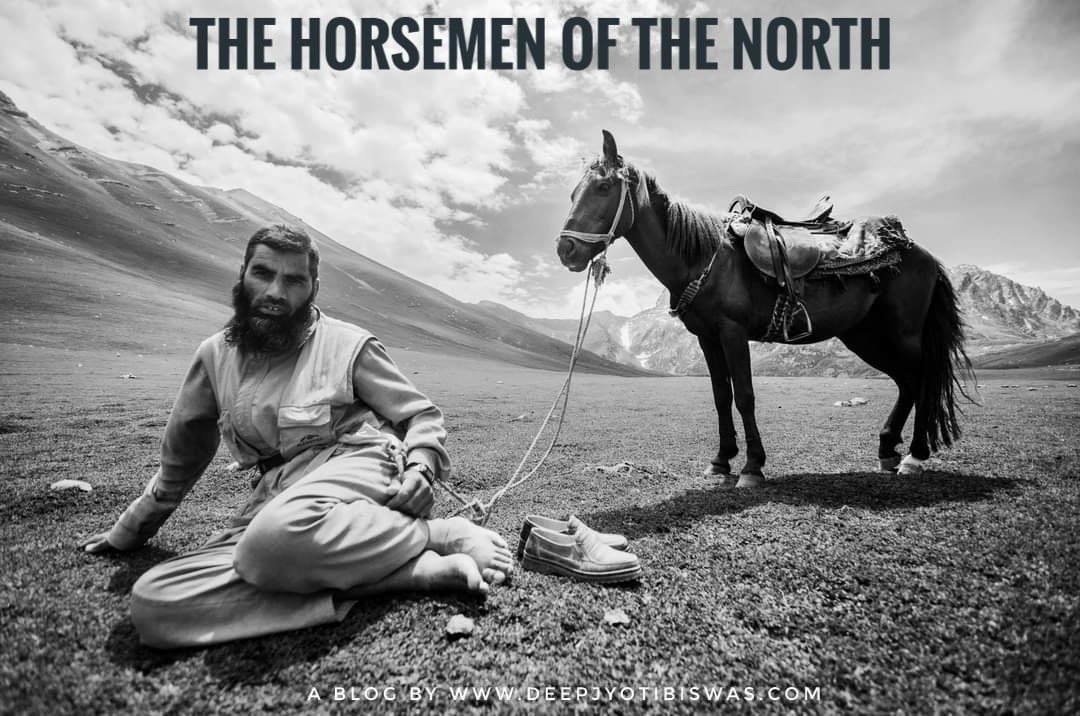
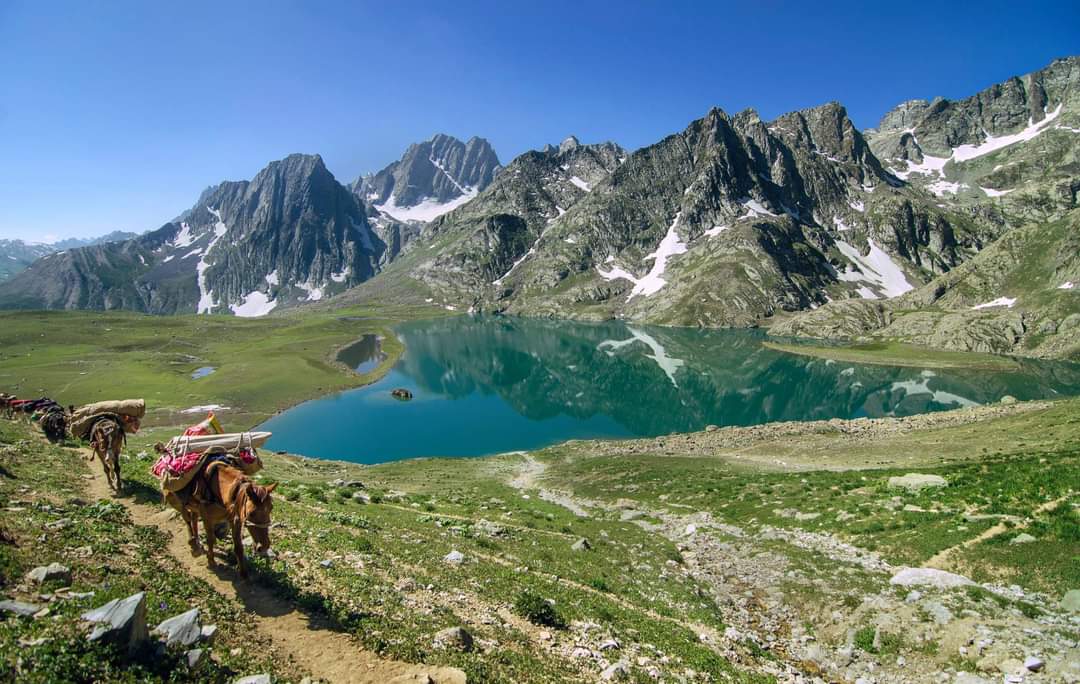
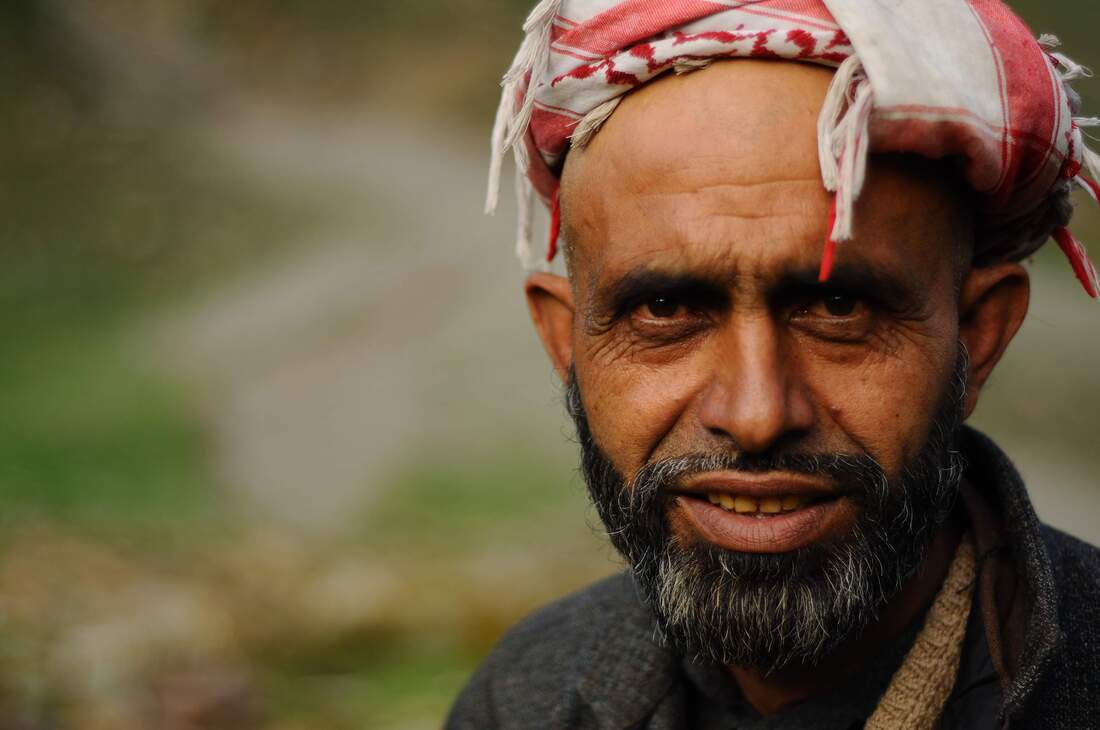
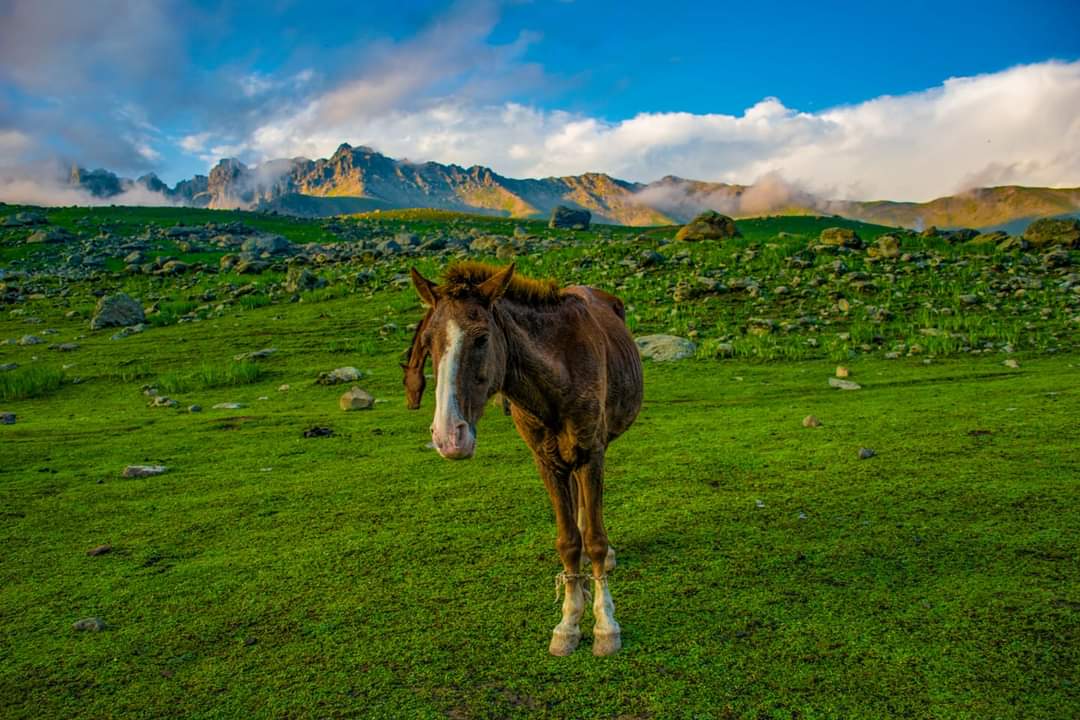
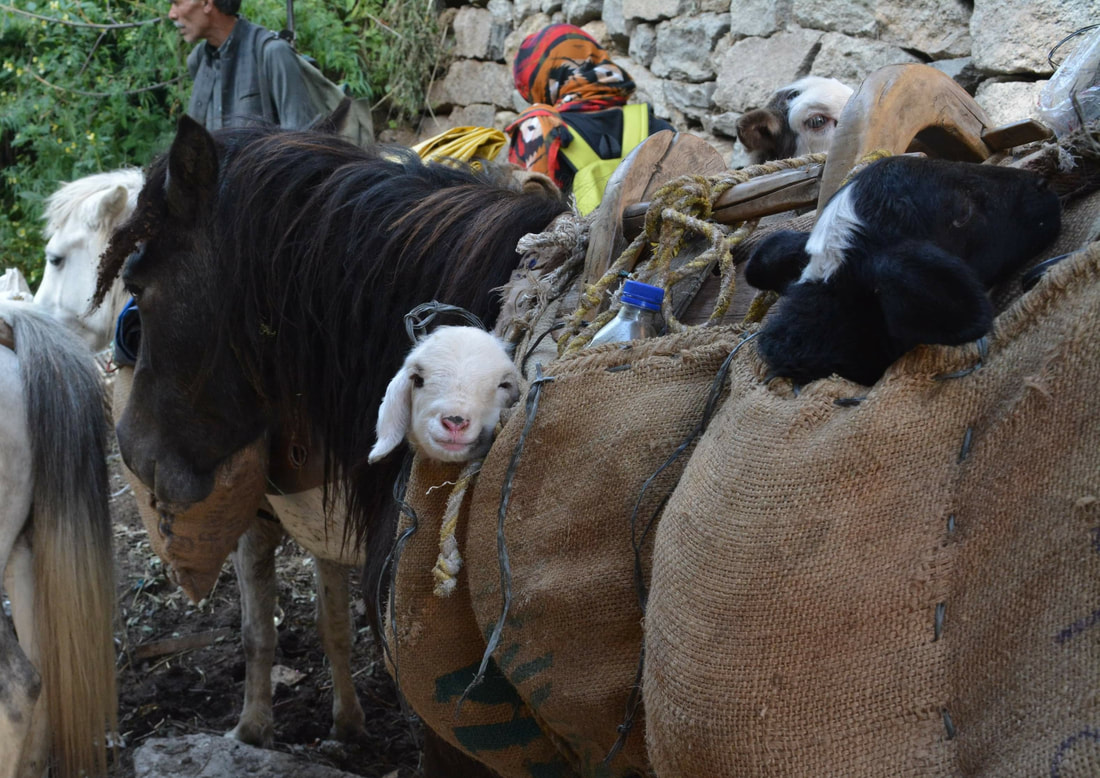
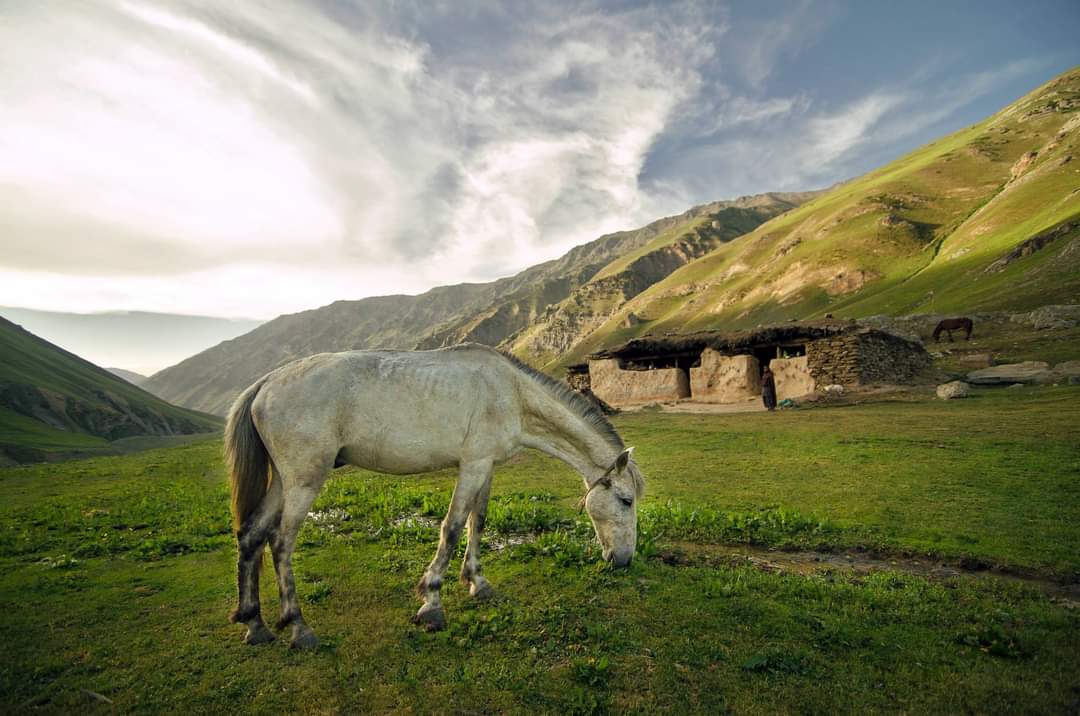
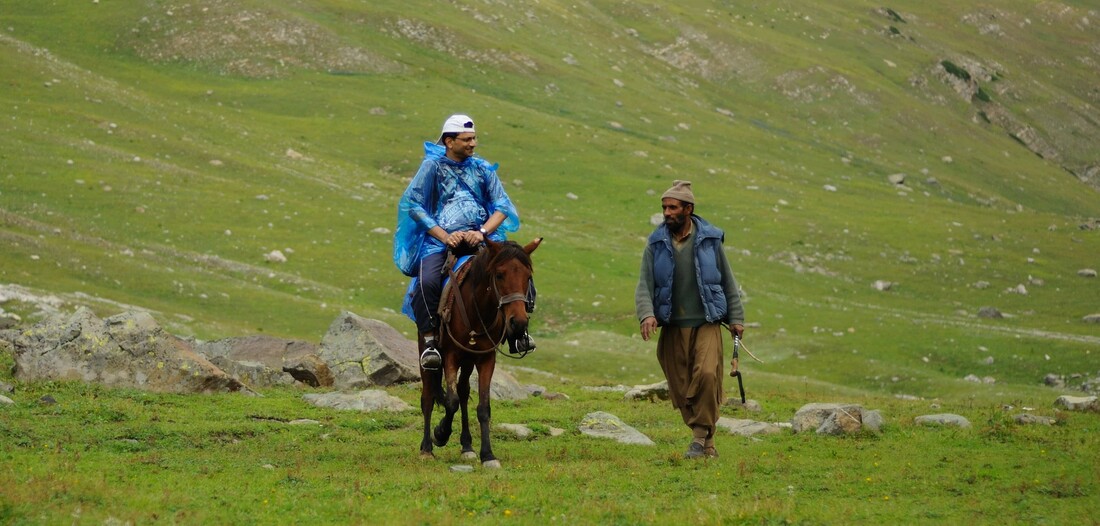
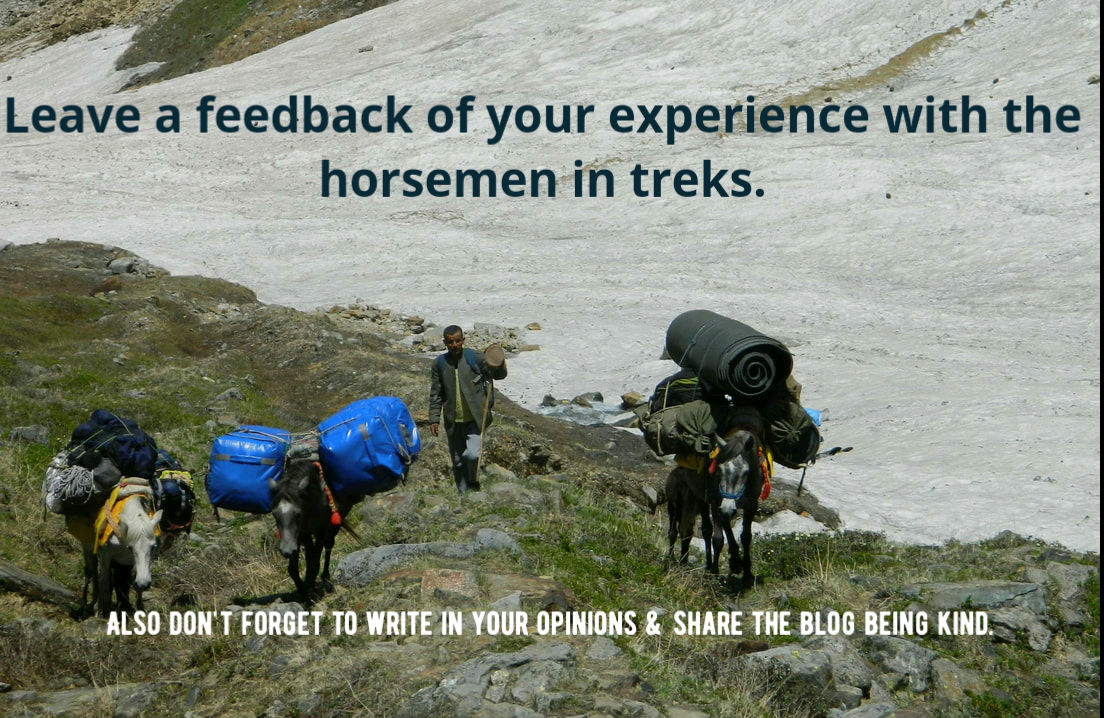
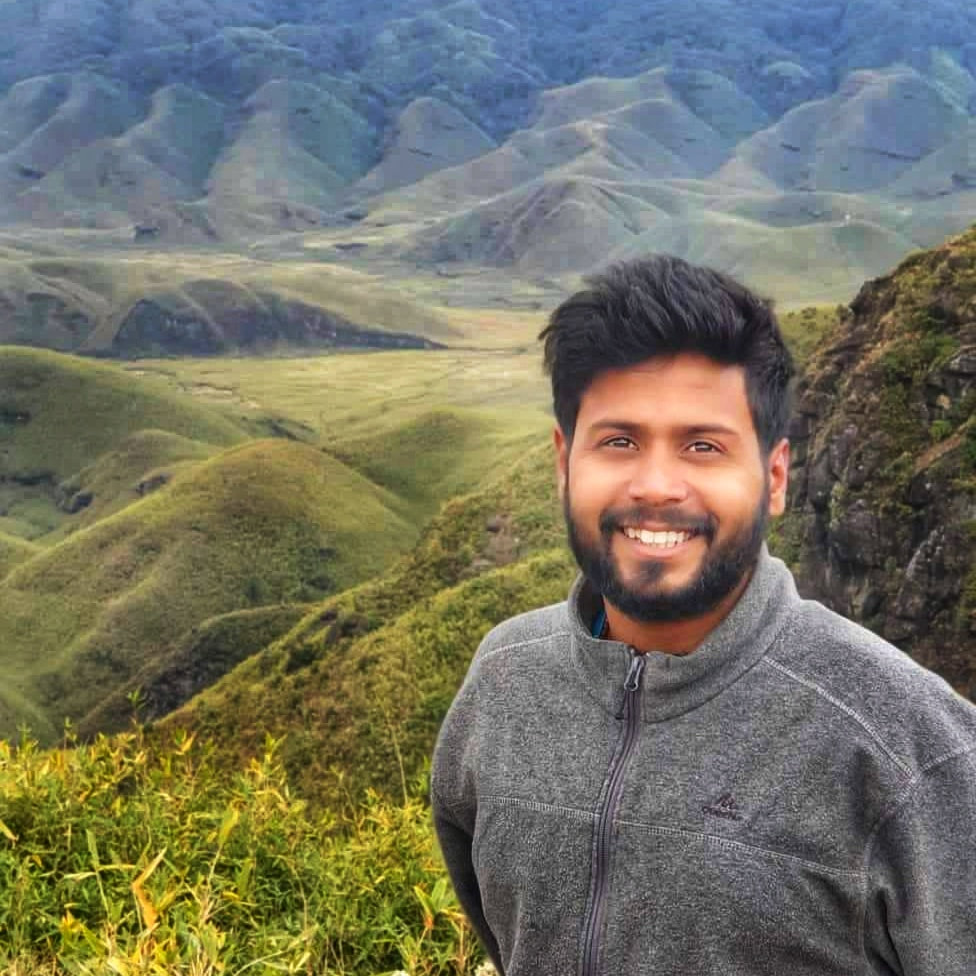
 RSS Feed
RSS Feed
